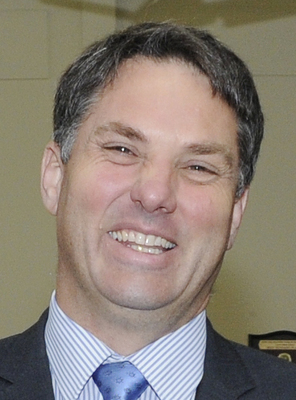A coalition plan directing skilled migrants to Geelong has earned praise from Labor MP Richard Marles.
The Federal Morrison Government this week announced plans for two new visas requiring skilled workers to live outside major cities for three years before becoming eligible for permanent residency.
The plan included 23,000 regional visas for skilled migrants and incentives to draw them to regional centres including Geelong.
Mr Marles welcomed any “ideas that will help see people call Geelong home”.
“Geelong is a growing regional city because it’s a great community to live in,” he said.
“We’re a city that welcomes migrants from Victoria, interstate and overseas, and migration is an important feature of our local economy.”
The influx of migrants would require additional infrastructure investment, Mr Marles said.
“We should be open to (more migrants) but it’s the current funding failures of this government that have put pressure on our region,” he said.
“The Liberals have failed to invest in proper infrastructure, schools and hospitals in this region. A Labor government will invest in our community to support our city as it grows.’
Prime Minister Scott Morrison said on Tuesday the plans would ease congestion in Australia’s capital cities and help fill shortages in certain professions.
“We’re only talking about people going into places where there is the jobs and opportunities,“ he said.
“We have a lot of shires around the country saying to us we want people.“
The government announced the plans as part of its new population policy, which seeks to lower Australia’s immigration cap from 190,000 to 160,000.
The government also wants to lure domestic and international students with 1000 scholarships worth $15,000 each.
Regional Cities Victoria, representing the state’s 10 largest cities outside Melbourne, also welcomed the plans.
Chair Margaret O’Rourke said the announcement would encourage migrants to live in regional Victoria.
“Targeted skilled migration would help address the chronic skills shortage that some regional cities face and would deliver a significant boost to local businesses and regional economies,” she said.
“However, we need investment in infrastructure, services and programs in regional cities and towns to ensure we maintain a high standard of living for our communities.”
The Australian Local Government Association also welcomed the plans.









